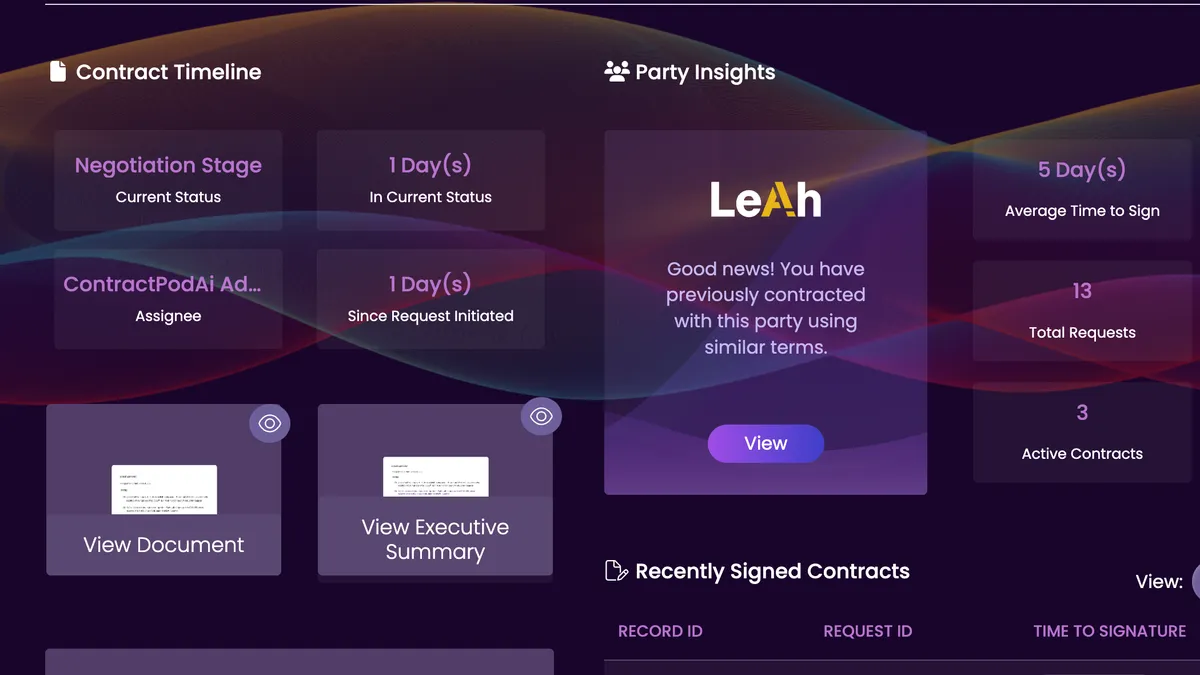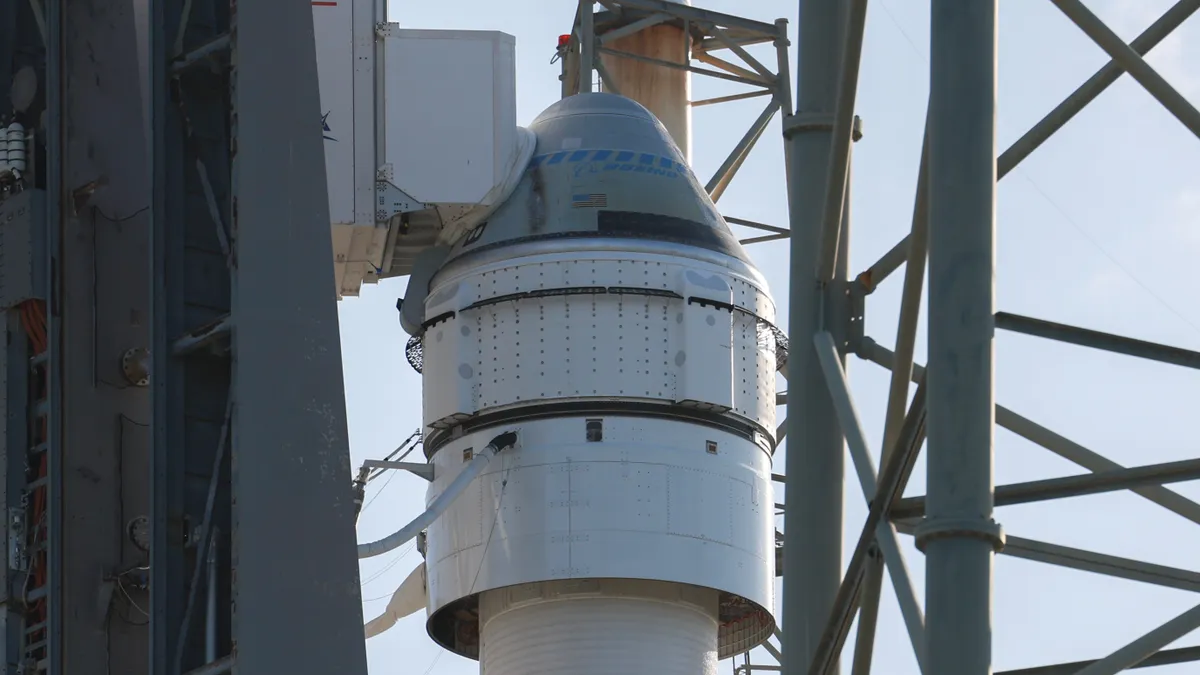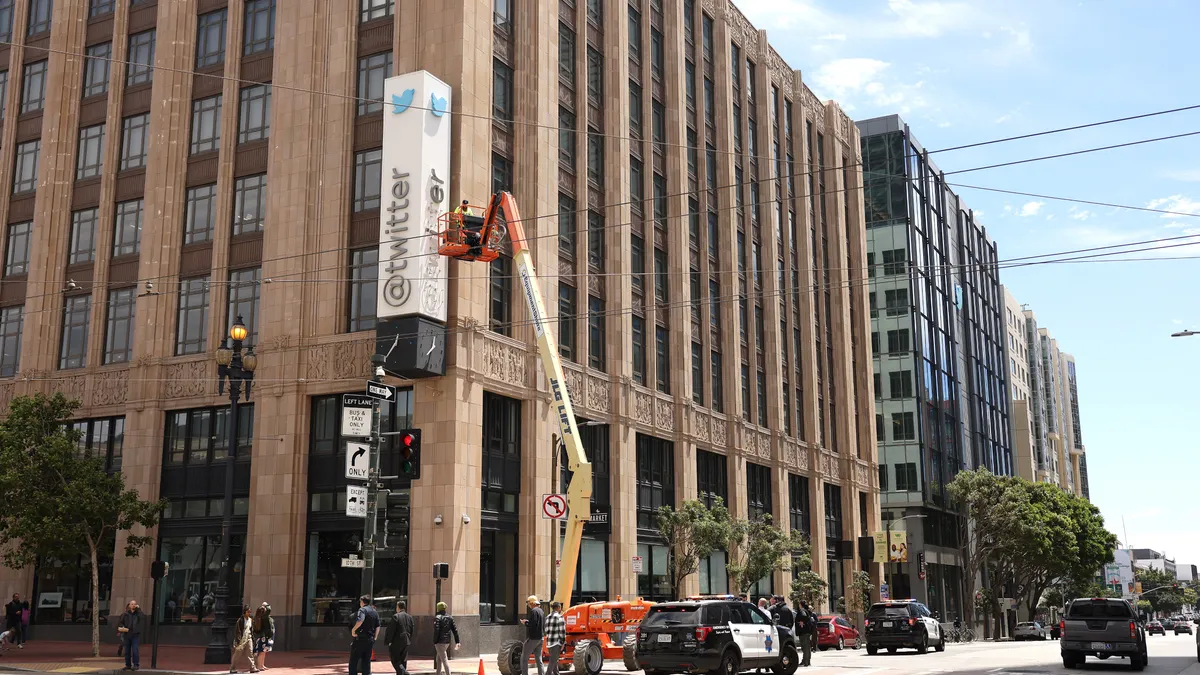Jerry Levine, an experienced general counsel and legal technologist, has long dreamed of there being an artificial intelligence assistant that would make the lives of legal professionals easier.
He said this vision has now become reality in the contracting space with ContractPodAi’s AI-powered legal assistant Leah, which debuted earlier this year.
Leah enables users to ask it contracting questions and also assists with contract redlining, according to Levine, ContractPodAi’s GC and chief evangelist.
Additionally, the contract lifecycle management company’s legal assistant provides a variety of insights that are designed to help in-house legal teams more efficiently and thoughtfully complete contracting work.
“We want people to feel that they've got a solution that really will help them and make them move faster, but also give them insights and information that they can use,” Levine told Legal Dive.
Ask Leah
Leah is powered by ContractPodAi’s proprietary AI, OpenAI’s ChatGPT generative AI technology, Microsoft Azure and IBM Watson, according to a press release.
The technology’s “Ask Leah” functionality is one Levine anticipates that ContractPodAi users will use frequently.

This feature allows users to pose questions about contracts via an interactive chatbot and receive answers in real-time.
For example, a user could ask whether a specific contract has a termination for convenience clause.
Leah’s responses could include identifying the precise section of that provision in the contract or highlighting that the two parties agreed to strike such a clause in their prior negotiations, Levine said.
Additionally, a user could seek clarification of specific clauses or ask questions about their broader repository of contracts.
“Using the ‘Ask Leah’ function can help clarify clauses, simplify wording, or even provide translations of clauses for the user,” Levine said. “And the best part is that the responses returned are human-like, as opposed to simply extracted text or single word answers.”
Leah One Drop
In the early stages of the contracting process, Levine said users could use Leah One Drop.
This functionality allows users to quickly create contract records by bringing a document into ContractPodAi for uploading.
Leah will then analyze the file, extract key information and create a new contract that is ready for negotiation as needed. Leah will also notify the user if they have contracted with the other party before.
Additionally, if a contract is being negotiated outside of ContractPodAi, users can upload the updated version into One Drop and Leah will immediately identify the changes that have been made.
“It's the most advanced, automated document analysis system that I'm aware of,” Levine said.
Contract redlining
As for contract negotiations, the Leah Assist functionality automatically redlines a contract based on previously negotiated terms from playbooks or other precedents.
If the user has not negotiated a particular clause with a specific party before, Leah will suggest language that could be added to the contract based on the user’s negotiations of that type of clause with other parties.
“The idea is to avoid reinventing the wheel each time,” Levine said.
Users can choose to accept or reject Leah’s proposed redlines, or go through them individually. They can also reset the redlines to the original versions if needed.
If a user decides the terms of the agreement are acceptable, they can transition to the signature functionality from the redlining screen.
Leah Insights
For ContractPodAi users interested in data analysis about contracts, they can use the Leah Insights feature.
This functionality provides visual information about vendor and customer relationships based on previously negotiated contracts. For example, a user can see the average time it takes to sign a contract with a specific party and the number of active contracts with that party.
Such data can be used to evaluate the legal team’s performance and devise ways to potentially speed up future contract negotiations, Levine said.
Meanwhile, Leah Deepsights provides contract information that the in-house legal team would likely want to share across other business functions.
Deepsights also offers users a way to evaluate company contracting performance against anonymized, aggregated data from other ContractPodAi customers.
Levine said that as a GC, he would use Leah Deepsights to provide information that his CEO would want to know and Leah Insights for information he needs to know.
Human judgment
Levine emphasized that ContractPodAi does not see Leah as eliminating the important higher-level contracting work in-house legal professionals conduct.
Rather, the company’s goal is to use generative AI to help professionals speedily move through low-complexity, repetitive tasks and more thoughtfully complete work that requires legal analysis.
Leah assists in this way by providing what Levine calls “augmented intelligence” that can help with decision-making.
“We're making your life easier, but we're not taking away your judgment,” Levine said.


















